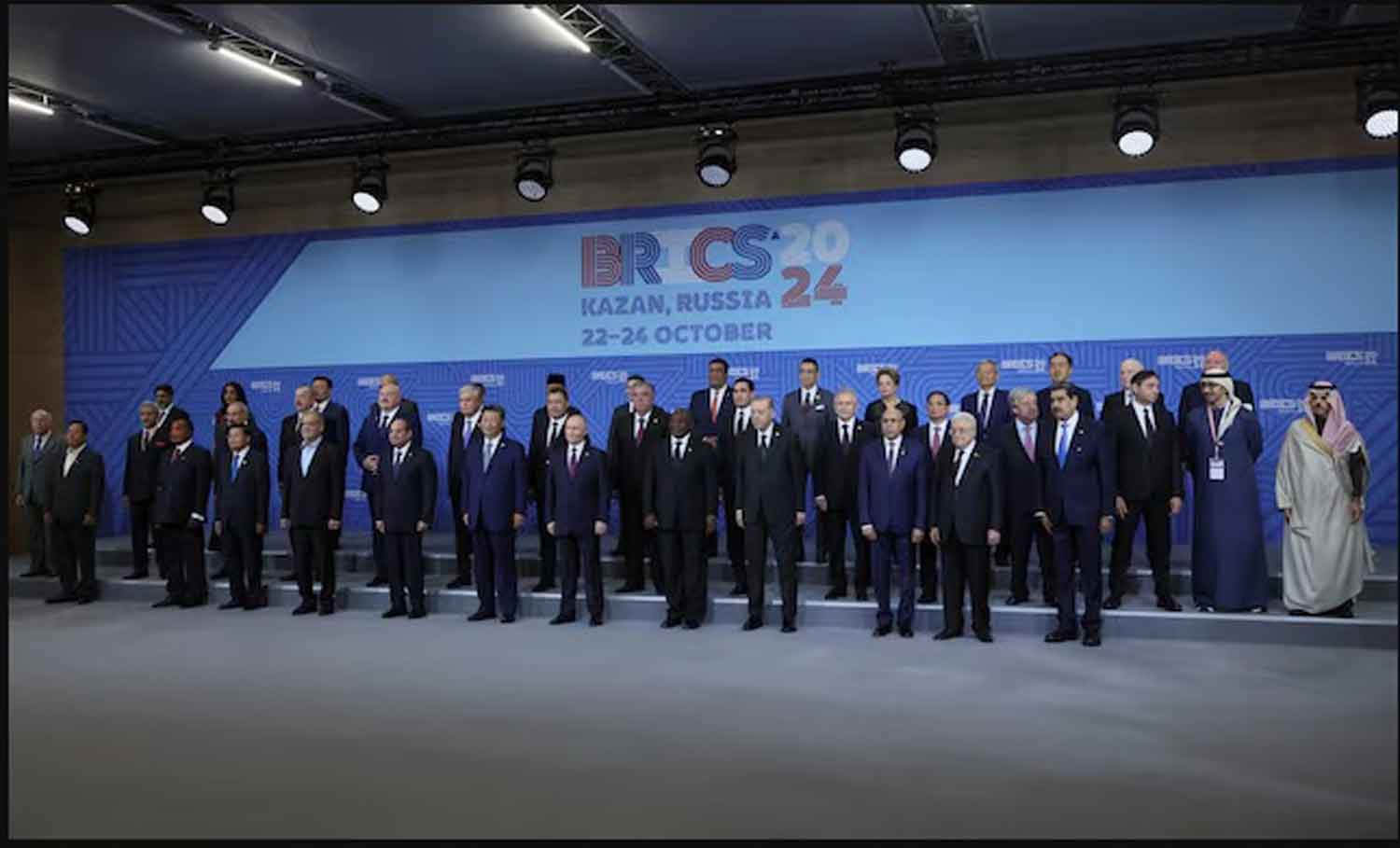India and China have initiated the implementation of an agreement aimed at resolving a military standoff along their contested Himalayan border, as announced by both nations on Friday. This development marks the most significant easing of tensions between the two countries since the deadly confrontations that occurred four years ago.
According to an Indian government source, troops who had been in close proximity at two locations along the western Himalayan frontier have started to withdraw, signaling the conclusion of the standoff.
Earlier this week, the nuclear-armed neighbors reached an accord regarding border patrols, which facilitated the first formal discussions in five years between President Xi Jinping and Prime Minister Narendra Modi during a regional summit in Russia. “As per the recently established agreement between India and China, their frontline forces are carrying out the necessary actions, and progress has been smooth thus far,” stated Lin Jian, a spokesperson for China’s foreign ministry, on Friday.
In New Delhi, a government official familiar with the situation reported that military personnel from both nations have begun to withdraw from the Depsang and Demchok regions, the final locations where they were in direct confrontation. The official requested anonymity due to restrictions on speaking to the media regarding this matter.
Details of the new agreement have not been disclosed by either party, but it is anticipated to enhance the political and economic relations that were strained following a fatal military confrontation in 2020, which resulted in the deaths of 20 Indian and four Chinese soldiers in the Galwan Valley.
Previously, both sides had retreated troops from five other confrontation sites, with the last troop withdrawal occurring over two years ago.
India would proceed with caution
On Wednesday, Xi and Modi reached an agreement to enhance communication and cooperation in an effort to address ongoing conflicts. However, Indian officials indicated that New Delhi would proceed with caution, opting for gradual steps in strengthening economic relations with Beijing due to the trust deficit that has developed over the past four years.
India has previously suspended direct flights to China, prohibited numerous Chinese mobile applications, and implemented stringent vetting processes for Chinese investments, effectively stalling significant proposals from companies such as BYD and Great Wall Motors. According to two sources within the Indian government, there is now a possibility of reopening air travel and expediting visa approvals to support the recent thaw in relations, but New Delhi is not prepared to fully retract the measures it has imposed on Beijing in the near future. The historical context of their relationship is marked by the 1962 war over their undefined border, which continues to be a source of tension.
Discover more from Defence Talks | Defense News Hub, Military Updates, Security Insights
Subscribe to get the latest posts sent to your email.





